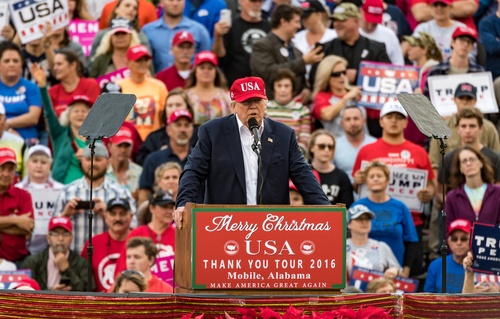Key Takeaways:
- The Trump administration is reversing Biden-era police reforms in certain cities.
- Oversight agreements with Louisville and Minneapolis police departments will be dropped.
- Investigations into police misconduct in six cities, including Phoenix and Memphis, will be scrapped.
Trump Administration Rolls Back Police Reforms in Controversial Cities
The Trump administration has announced plans to roll back police reform efforts put in place during the Biden administration. This decision comes amid ongoing debates over police conduct in cities like Louisville, Kentucky, and Minneapolis, Minnesota. The U.S. Justice Department revealed that it will stop overseeing police departments in these cities. Additionally, it will halt investigations into police actions in six other cities, including Phoenix and Memphis.
What Does This Mean for Police Oversight?
The Department of Justice had previously agreed to monitor police departments in Louisville and Minneapolis. These agreements were designed to address concerns about police brutality and discrimination. For example, Louisville’s police department faced scrutiny after the death of Breonna Taylor, who was killed in her home during a police raid. Similarly, Minneapolis became a focal point after the murder of George Floyd, which sparked nationwide protests.
By dismissing these oversight agreements, the Trump administration is essentially removing federal supervision of these police departments. This means local police forces will have more freedom to operate without federal interference. Supporters argue that this allows police to focus on their jobs without unnecessary oversight. Critics, however, worry that this could lead to a return of the problems these reforms aimed to fix.
Investigations Into Police Misconduct Discontinued
The Justice Department also announced that it will stop investigating police departments in six other cities. These investigations were launched to look into allegations of unconstitutional policing practices. Cities like Phoenix and Memphis were under scrutiny for issues such as excessive force and racial profiling.
Ending these investigations means that the federal government will no longer actively monitor these police departments. While some argue that this decision gives police departments more autonomy, others fear that it could lead to a lack of accountability. Without federal oversight, some worry that police misconduct could go unchecked.
Why Is This Happening Now?
The Trump administration has long been a supporter of law enforcement. It has often criticized reforms aimed at increasing police accountability, calling them anti-police. The administration argues that these reforms undermine the ability of police to do their jobs effectively. By rolling back these efforts, the administration is signaling its support for law enforcement and its belief that local police should be trusted to regulate themselves.
What’s Next?
The decision to roll back police reforms has sparked strong reactions. Advocates for police reform argue that this move could undo progress made in recent years. They fear that without federal oversight, police departments may return to practices that led to public outcry in the first place. On the other hand, police unions and supporters of law enforcement welcome the decision, saying it allows officers to focus on keeping communities safe without unnecessary interference.
As the debate over police reform continues, the impact of this decision will likely be felt in the coming months and years. Whether this shift leads to improved policing or a return to past problems remains to be seen. One thing is clear: the Trump administration’s decision to roll back police reforms is a significant step that will have far-reaching consequences.
